Saudade (soh-dah-duh) especially with reference to songs or poetry: a feeling of longing, melancholy, or nostalgia that is supposedly characteristic of the Portuguese or Brazilian temperament. An English translation of this word would best be replaced by ‘missingness.’
“Her songs are based on love poems and evoke a melancholy known to the Portuguese as saudade.”
(n.) “yearnings, saudades, those sonorous fruits grown for overripe hearts” or “the love that remains”
A Portuguese and Galician term that is a common fixture in the literature and music of Brazil, Portugal, Cape Verde, and beyond. The concept has many definitions, including a melancholy nostalgia for something that perhaps has not even happened. It often carries an assurance that this thing you feel nostalgic for will never happen again.
“A pleasure you suffer, an ailment you enjoy.” ~ Portuguese writer Manuel de Melo.
“No matter where I wander, I’m still haunted by your name
The portrait of your beauty stays the same
Standing by the ocean wondering where you’ve gone
If you’ll return again
Where is the ring I gave to Nancy Spain?”
~ Barney Rush in his example of saudade in contemporary Irish music.
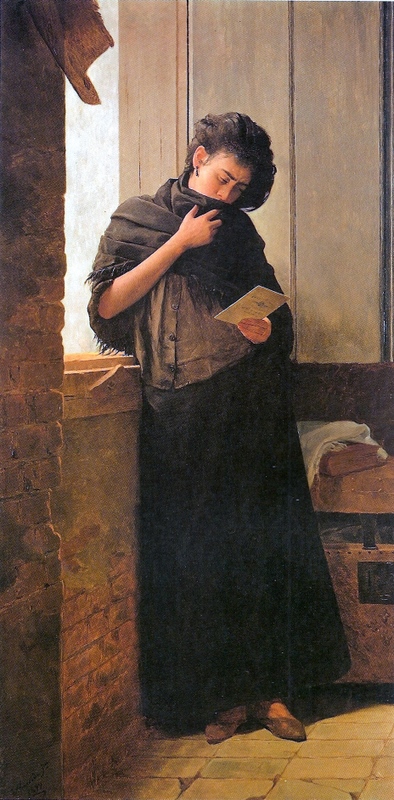
Image by Jose Ferraz de Almeida Junior via Wikimedia Commons.
Continue reading →















































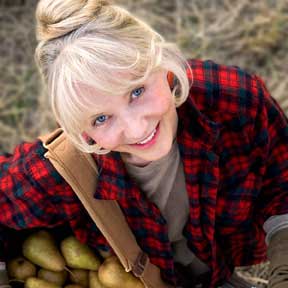


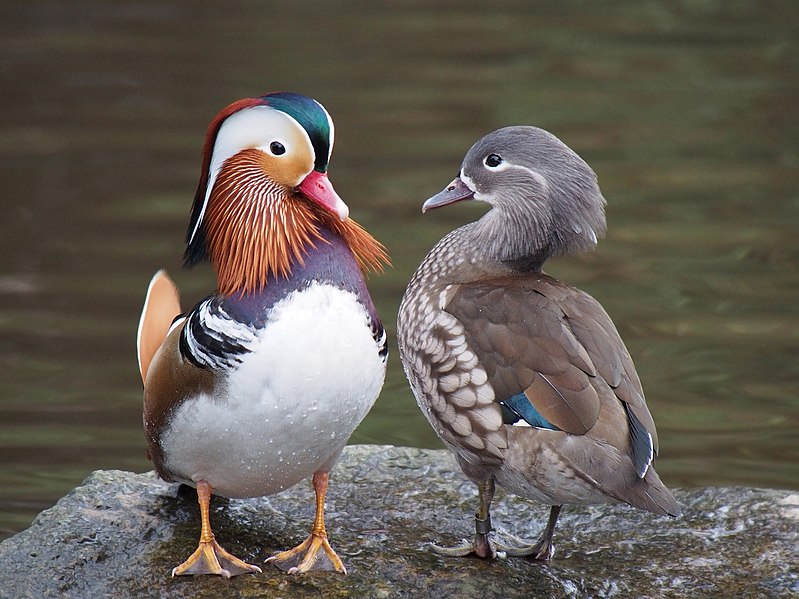

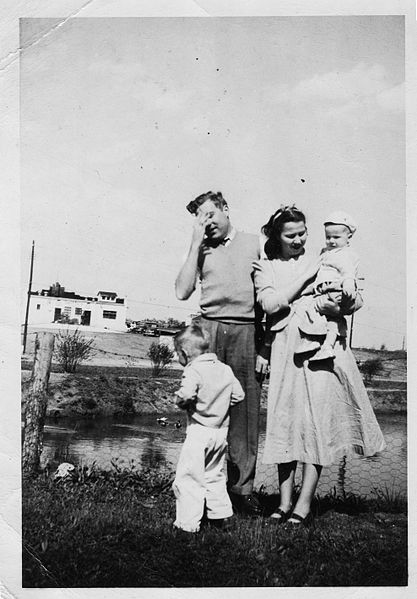

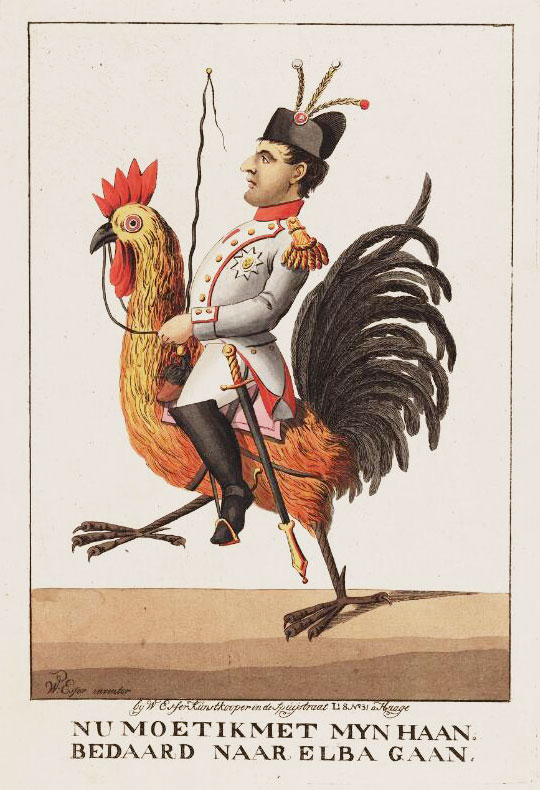

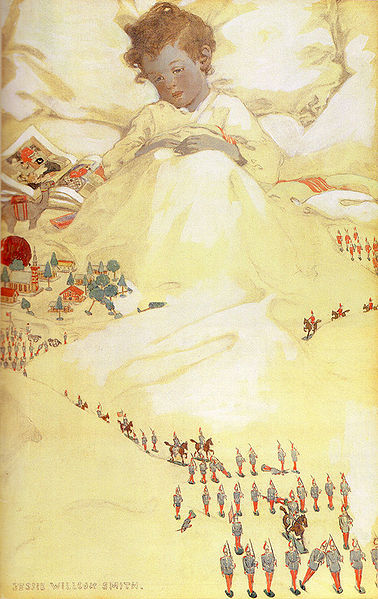
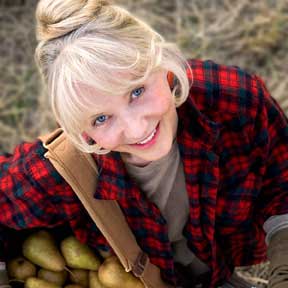




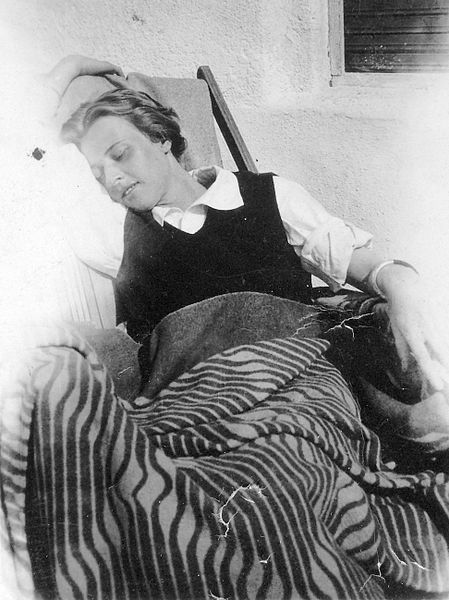







This is a new word for me. I personally don’t know anyone who has scarpered before, but I can bet it happens all the time. Especially those from harsh countries trying to get away to a better place.
New word for me too! I have not done that many badges, but I did do the one of learning new words and it was not only fun but helpful